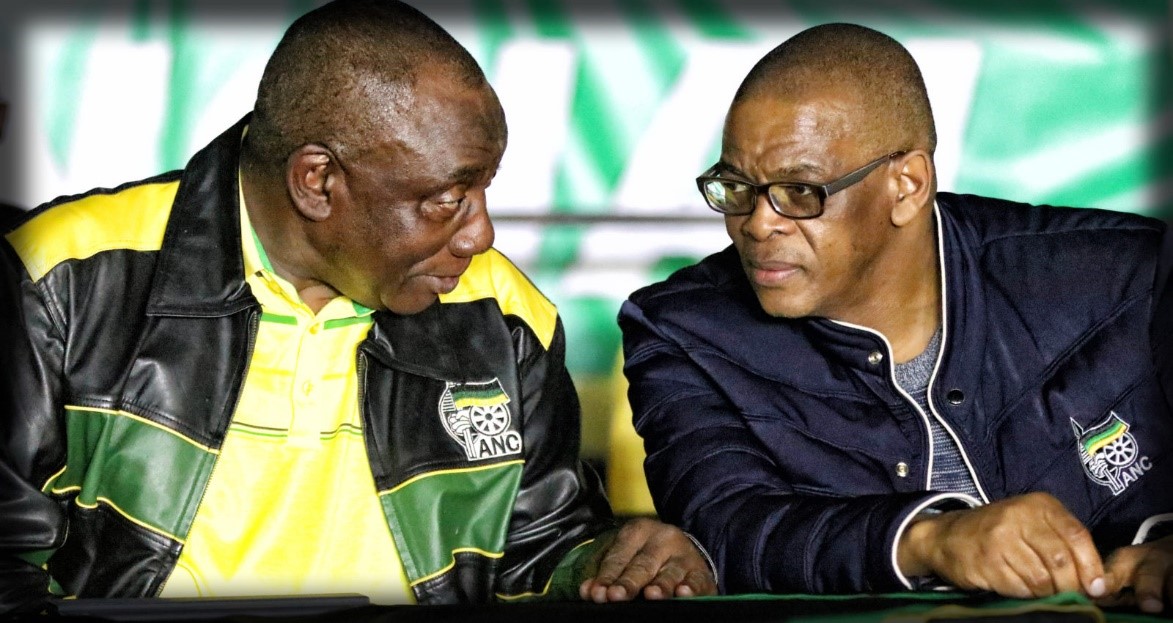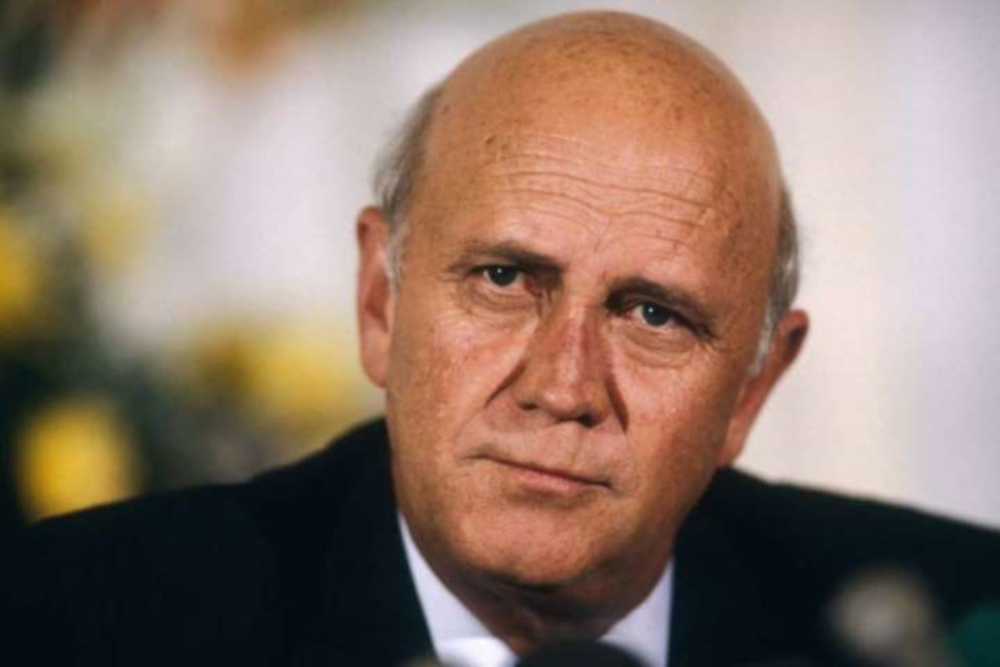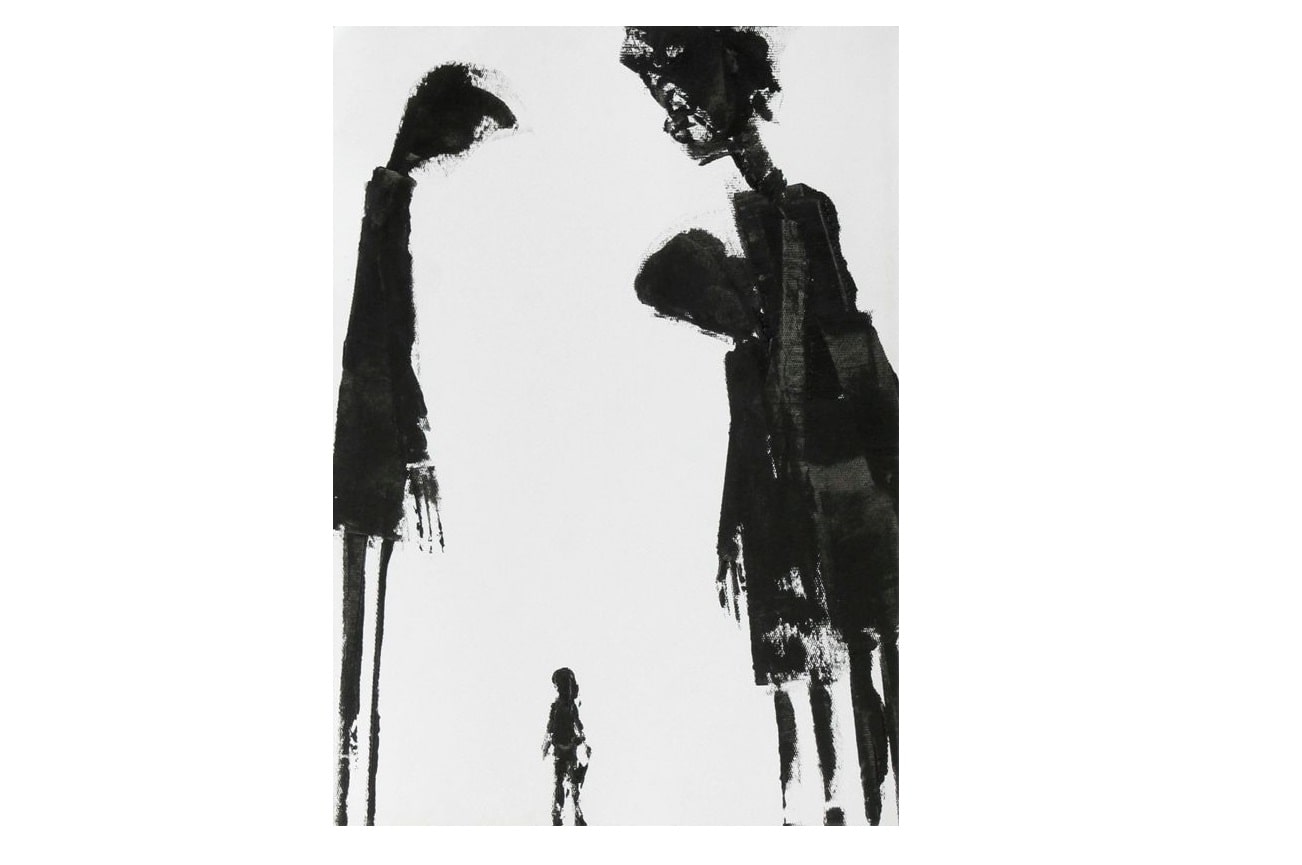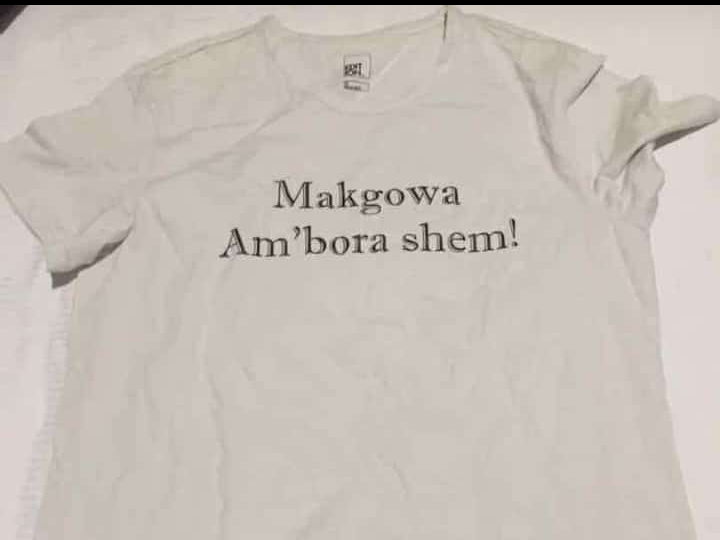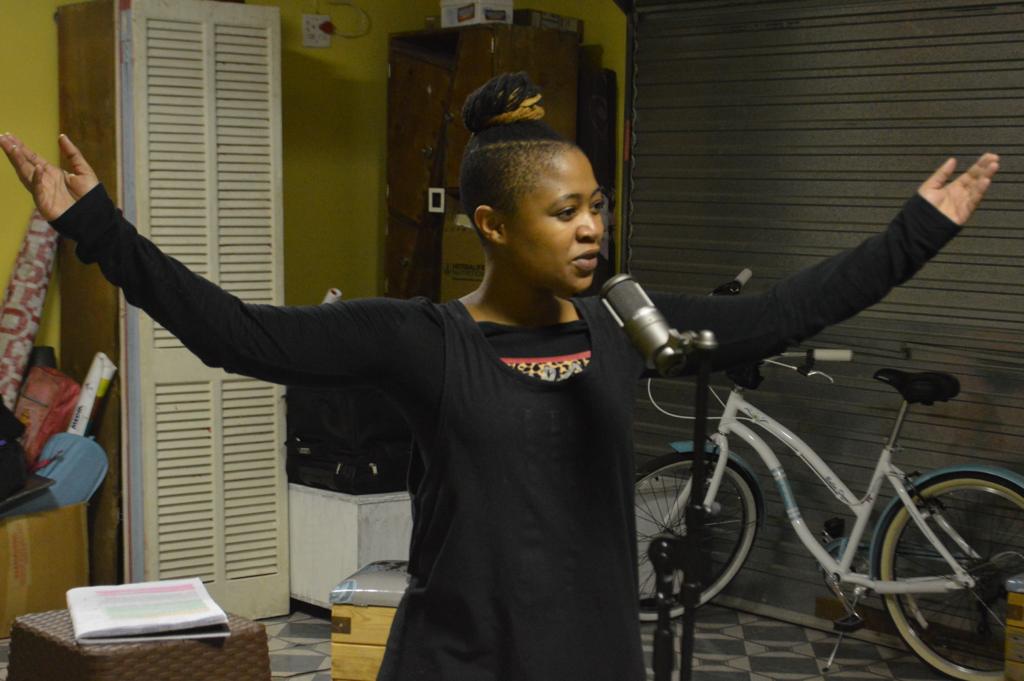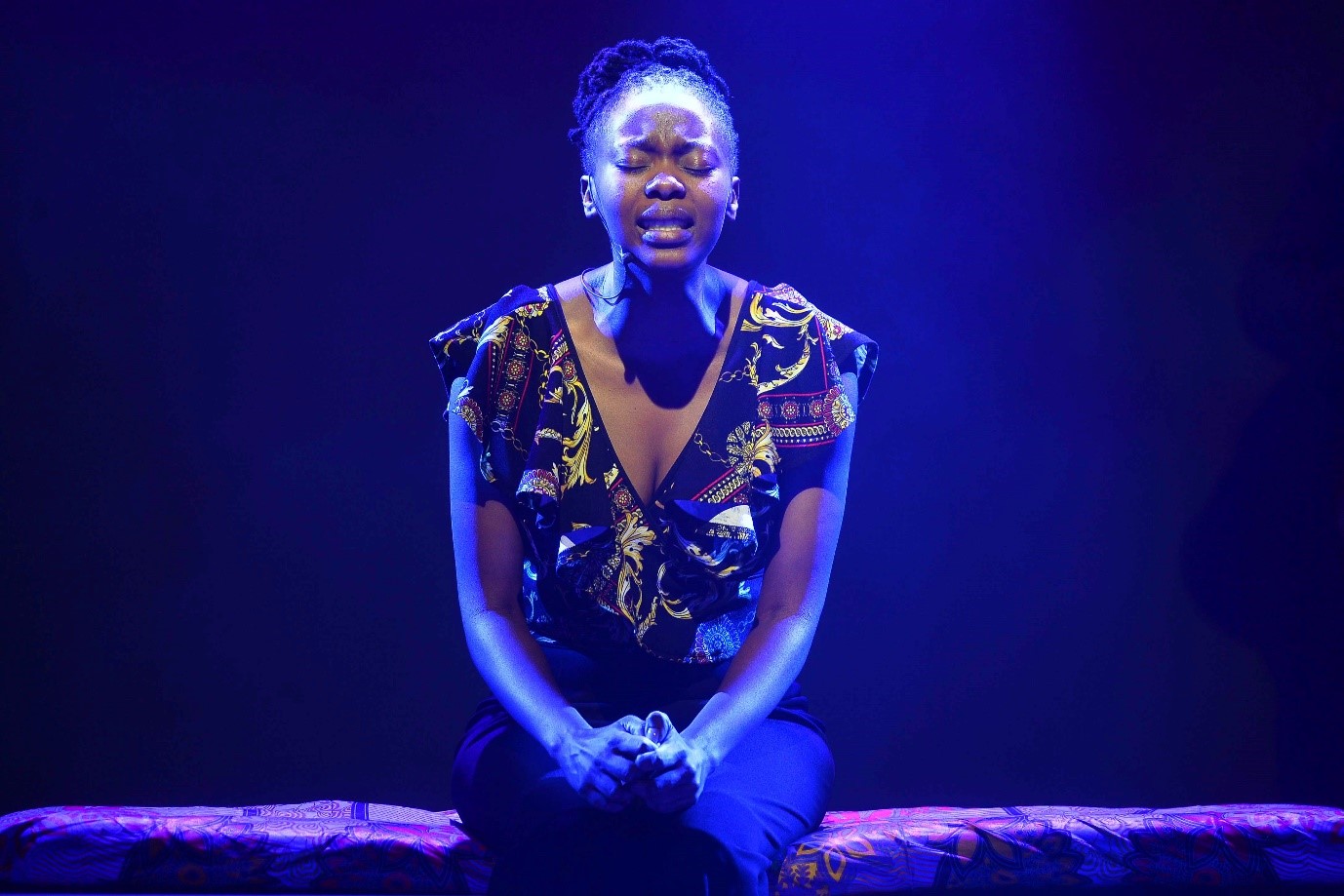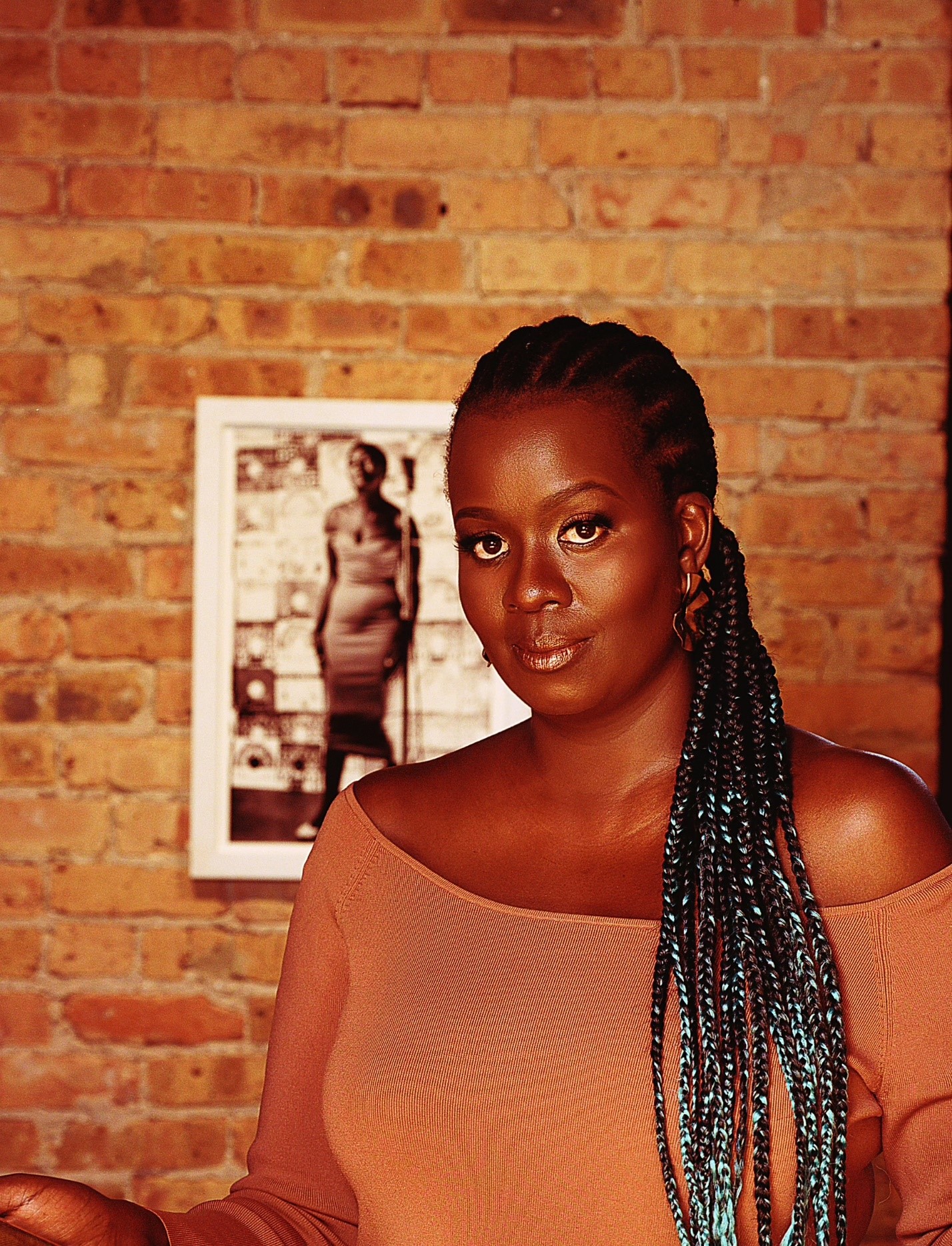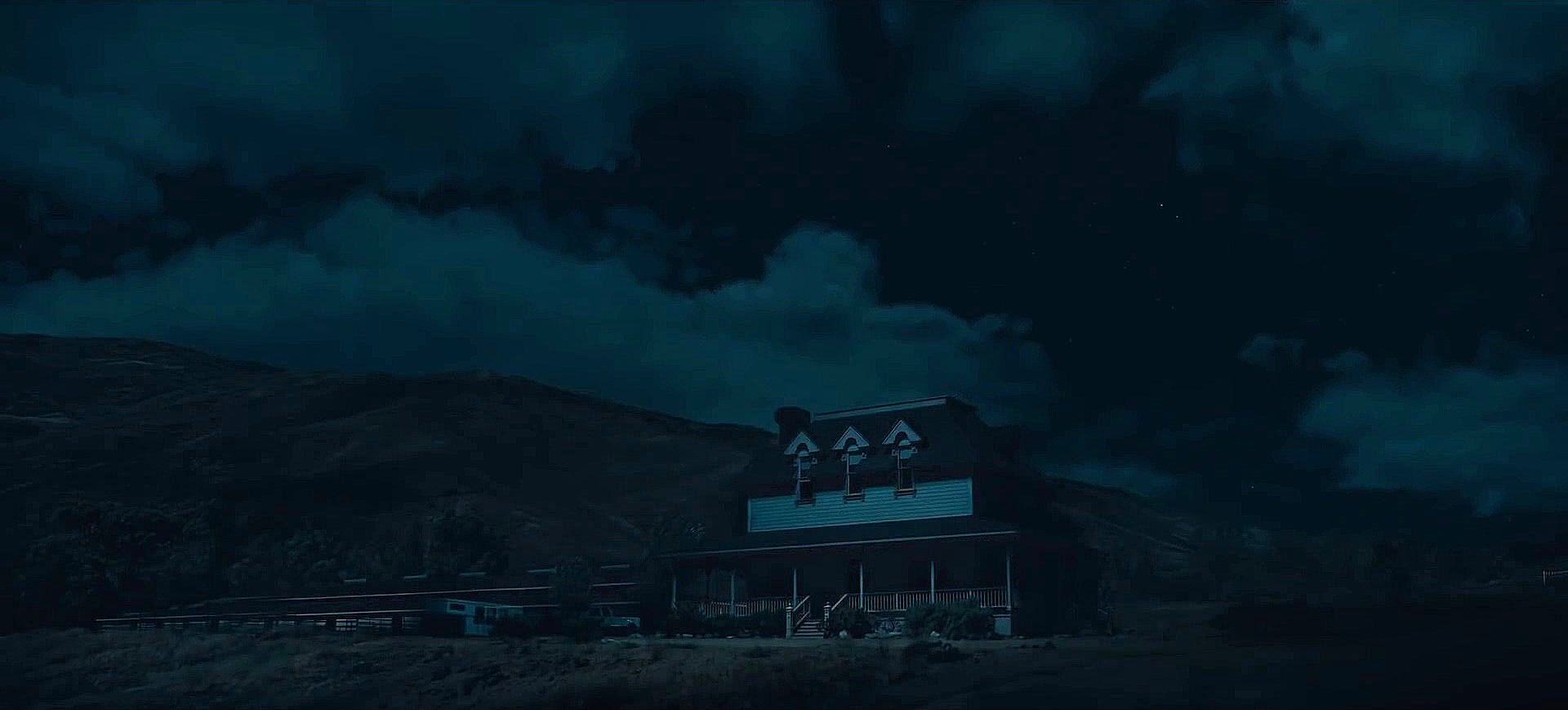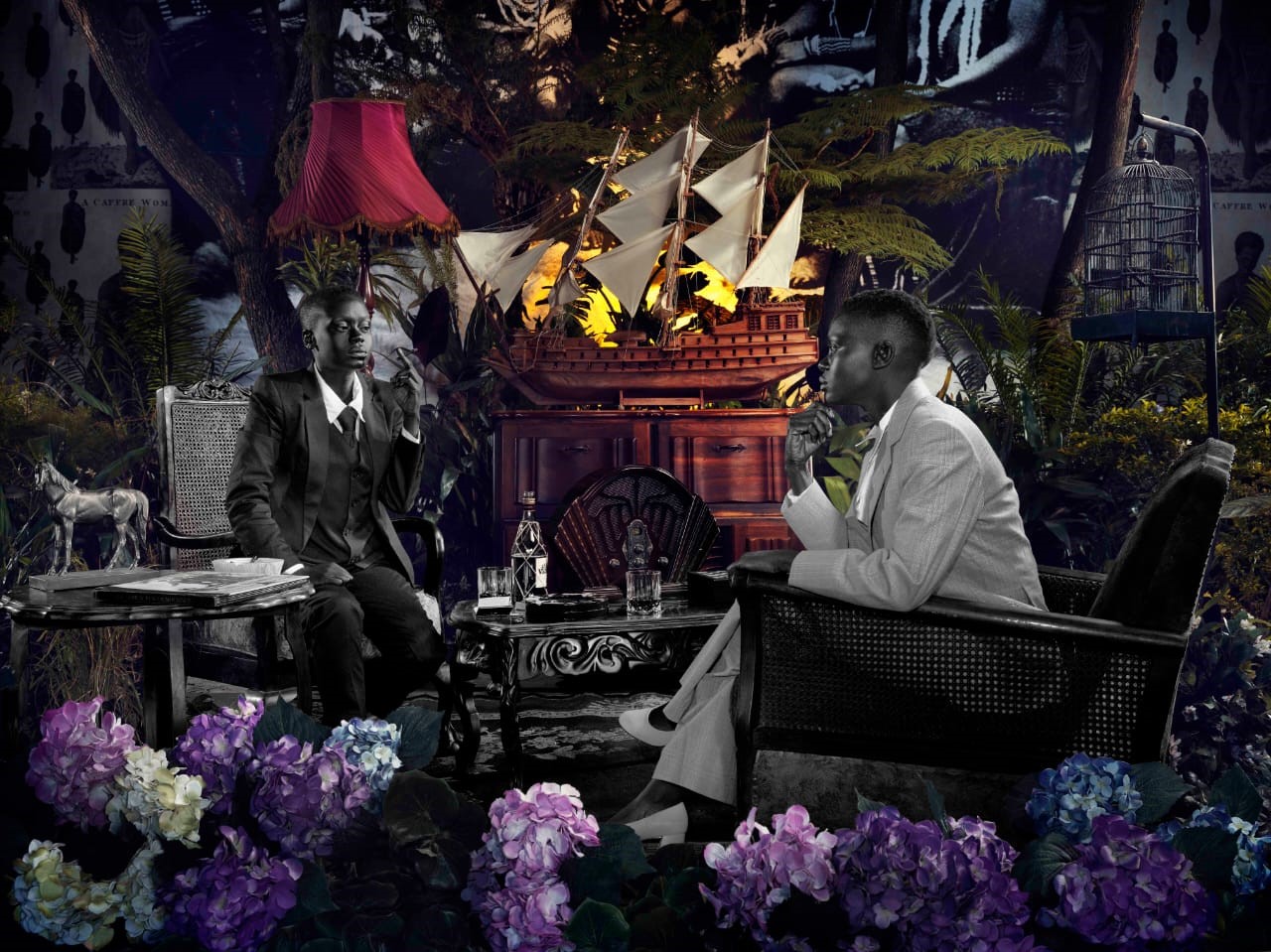When I saw how the media and judge Zondo reacted to Dali Mpofu's statement that a white person must 'shut up', I got reminded of at least two moments.
One was when Sello Malema was being 'cross examined' by a white advocate in court, when he was still president of the ANC Youth League and was accused of 'hate speech', for singing Dubul'ibhunu.
The other was the outrage by the media, politicians and some Black people when Ntate Mogoeng Mogoeng openly suggested (in prayer) that we must assume a vigilant attitude towards vaccines.
In the case of Ntate Malema, it seemed normal and acceptable for the white advocate to speak to him in what was a contemptuous tone, in my view.
And because he stood his ground, Ntate Malema was characterised as 'arrogant' and even accused of being a 'threat to our democracy'.
Ntate Mogoeng also stood his ground and some in the media and analysts said he should stick to legal matters; he is not a scientist. Others said he must be disciplined by the relevant judicial body.
It was almost as if because he is Black, Ntate Malema shouldn't dare talk back at this contemptuous white advocate and because he is also Black, Ntate Mogoeng shouldn't dare question the white-controlled scientific world prescribes.
At the time, I argued, to look at Ntate Malema's reaction or that of Ntate Mogoeng, purely from the perspective of what the law or science says - is to miss the deeper essence of what is happening to us as Black people in such contexts.
In a context where it is 'normal for the Black body to be the recipient of all manner of unprovoked and gratuitous violence from the white body, what does it mean when a Black body dares to publicly tell a white body to shut up?
It shouldn't shock us that there is outrage (from both Black and non-Black people), when on one rare occasion, the Black body dares to stand up and tell the body that is historically hostile and violent towards it (the white body), to 'shut up'.
In my view, the 'shock' and 'outrage' to this rare act of rebellion by the Black body, doesn't arise out of the fact that the Black body (Bab’uMpofu) and white body (the other person) involved in this exchange, are members of the legal profession.
The 'shock' and 'outrage' comes more from the fact that it is a criminal offence (in South AfriKKKa in particular), for the Black body to merely think of telling the white body to 'shut up'. The real crime is for the Black body to even speak to the white body without the latter's permission.
The 'shock' and 'outrage' becomes even more hysterical if this instruction by the Black body is directed at the body of a white woman (the purest representation of whiteness).
When the white body is publicly instructed by the Black body to shut up, there is a sense in which it momentarily assumes the same position that the Black body occupies permanently.
It is put in the position of infantilism. The position of the juvenile. It experiences juniorisatio. It is given a taste of how it feels to be invisible and absent. To assume the position of the intellectual retard, albeit momentarily.
By merely making this observation, I too as a Black body, may attract my fair share of 'shock' and 'outrage'. For I am a body that must not think for itself. A body whose words must always be a betrayal of it feels
A body that, before it speaks its mind, must first agonise over the question: being the body that I am, what are the consequences of me openly saying things that accord with how I feel, and not with what the world expects of me?
There are many ways in which we as Black bodies are told every day by white bodies (and the Black bodies that serve whiteness), to shut up.
In my view, therefore, there is a sense in which Bab'uMpofu's instruction to the other body provides us with a unique opportunity to honestly interrogate our various shut up contexts as Black bodies. I am not making a legal or ethical case, but an existential one.



